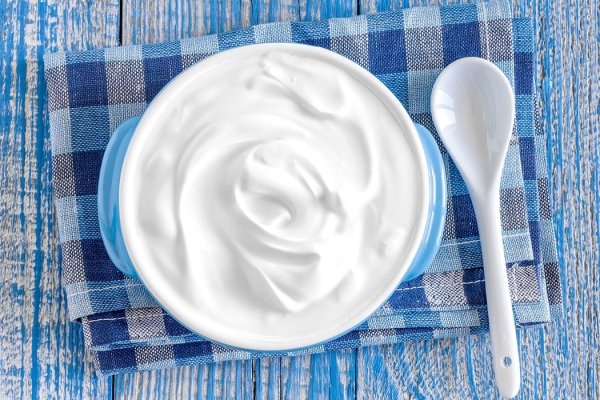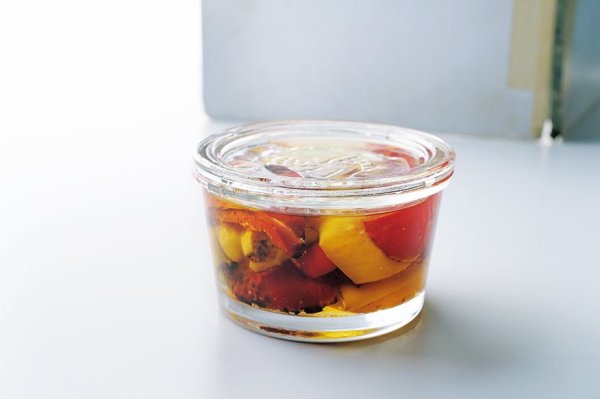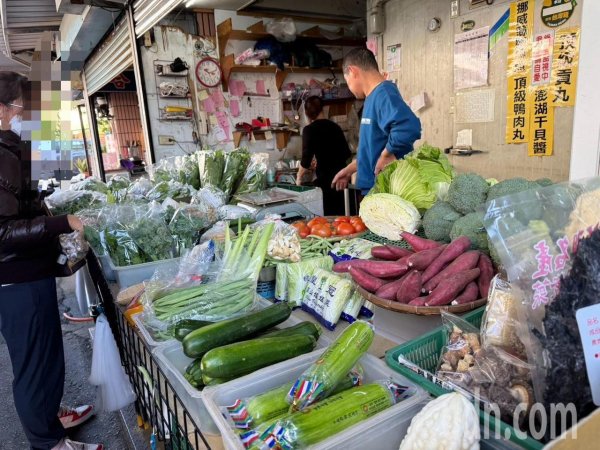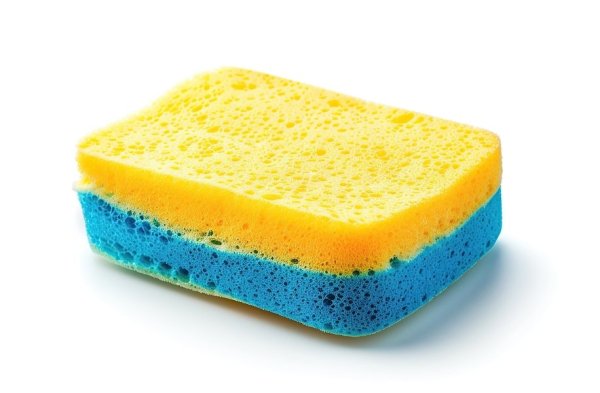Chen Qianyuan, a home-based medical doctor, thought after self-inserting nasogastric tubes: I don’t want to intubate in my old age, what preparations should I do now?
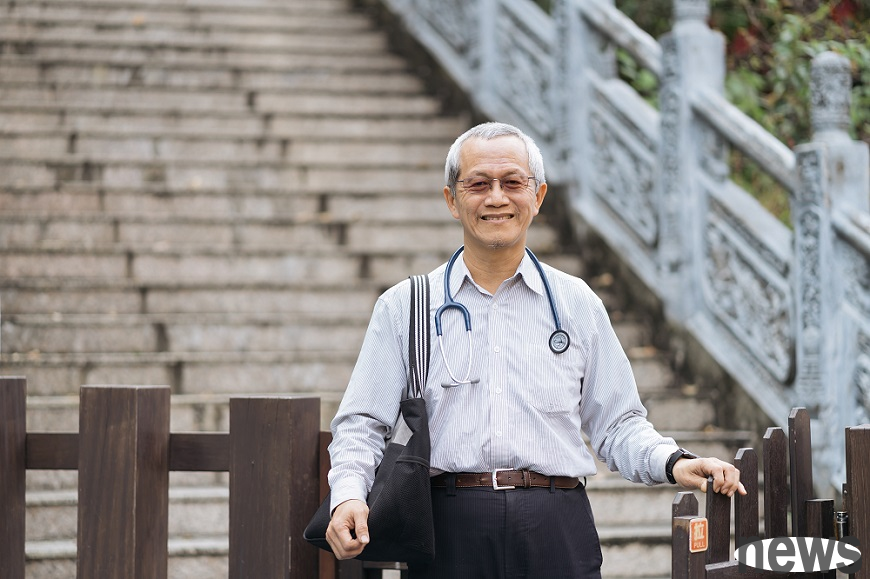
Editor: The force-eating nasogastric tube is one of the most common medical treatments that often cause disputes. The well-known writer Jang Wei once had a conflict with his children over whether his husband wanted to insert the nasogastric tube. What does it feel like to insert the nasogastric tube? Chen Qianyuan, a home-based doctor, once tried to insert the nasogastric tube by himself to experience the patient's feelings. Only by not talking about life and death can we have the opportunity to make ideal decisions at the end of life.
Trying to insert a plastic tube, leading from the nasal cavity to the stomach, and spending a day's life. If you can’t take any food, bath, or sleep, you can’t get it. What would it feel like?
According to the latest statistics of the Ministry of Health and Welfare, the number of people who are over 65 years old in Taiwan has a nasogastric tube that is more than 120,000, with a proportion of 17.94%. In other words, almost 1 in every 5 patients who are hospitalized at the age of 65 choose to maintain the nutrients needed by force-feeding through nasal cavity. Although it is very common in medical conditions, the nasogastric tube is also one of the most common medical treatments that cause disputes in the end of life. For example, the well-known writer Zhang Ying once had a conflict with her children about whether her husband Ping Xinfeng should insert the nasogastric tube and force-feed after dementia and intravenous wind.
If one day, we lose the ability to eat on our own for some reason, shouldn't we insert the nasogastric tube? Compared to talking on paper, Chen Qian, a doctor who is deeply engaged in the field of home-based medical care, decided to try to insert the nasogastric tube by himself to understand the physical and mental effects of this medical treatment on the patient. Only when you have ever been a patient can you think about the difficult decisions of life from a new perspective.
A doctor has the greatest experience of "inserting" in his nasogastric tube. "It's great to be able to eat with your mouth""I talked to my nurse friend about the news about the nasogastric tube. I want to say that inserting the nasogastric tube is that serious?" Chen Qian originally said that this "nasogastric tube experiment" was a thought. For medical staff, inserting nasogastric tubes can be said to be a very in-depth care technique. As long as you use a little glucose, you can insert a plastic tube into the patient's nasal cavity and enter the stomach, which can be easily done by even a doctor. However, textbooks mostly focus on the appropriate symptoms of nasogastric tubes, and rarely describe the patient's actual feelings. One time he should be invited to talk about the intubation topic, and he decided to experience it with his body first.
In the courses in medical colleges, most students use dummies to test the nasogastric tube. It is rare to see a doctor saying "intubation" himself. Chen Qianyuan smiled and said that although the first intubation was completed in less than 3 minutes, it was obviously unsuitable shortly after the insertion, so he pulled it out immediately. After dinner, he tried to insert it twice, but the food in his stomach was vomited out because the pipe stimulated the stomach peristalsis! This way, I fell back several times and had the fourth time intubation before I successfully completed force-feeding and slept overnight.
He described that although it is not particularly uncomfortable to feed from the nasogastric tube, the nasal cavity always feels strange and sometimes it requires breathing from the mouth. In addition to running eyes and snot, night sleep is also affected, making it difficult to enter deep sleep state. After filling the milk early the next morning, he took off the nasogastric tube. His biggest feeling was: "It's great to eat with your mouth!"
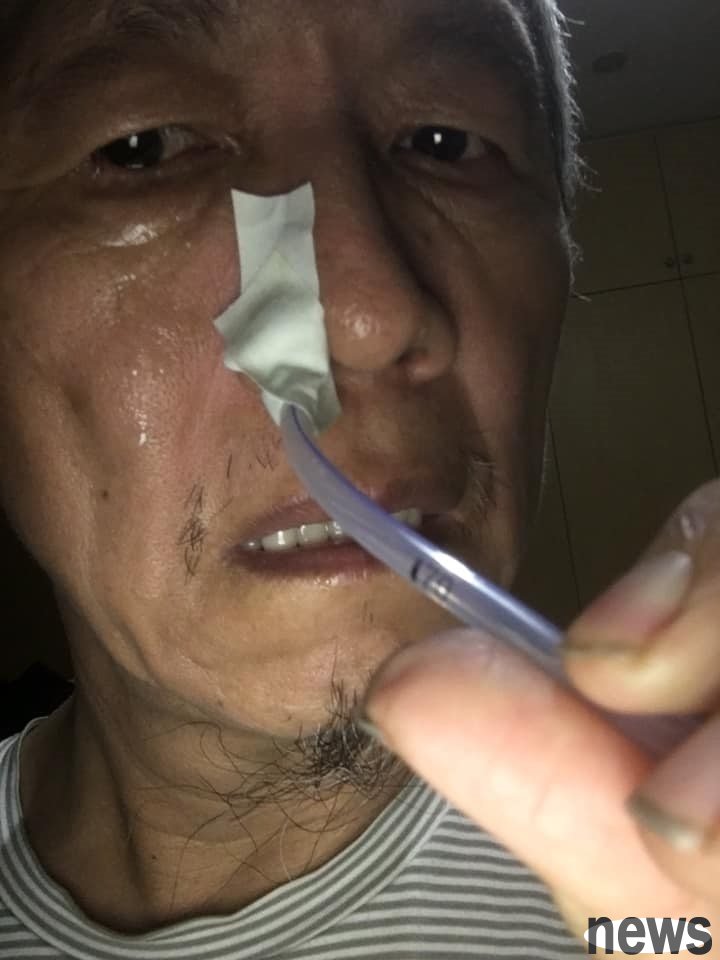
Since the nasogastric tube causes great inappropriateness to patients, why is it still so common in clinical practice? Chen Qianyuan's explanation of the nasogastric tube, patients who insert nasogastric tubes usually suffer from difficulty swallowing and coughing due to diseases, aging, or doctors evaluate the insufficient nutrition obtained by eating oral, and need force-food before treatment to obtain sufficient nutrition.
Although the nasogastric tube has the advantages of force-feeding, convenient medicine, and rapid nutrition replenishment, Chen Qianyuan also mentioned that many patients with clear minds and strong will pull the nasogastric tube by themselves due to discomfort. When you arrive, the family must restrain the patient and restrict their movements. In addition, more and more studies have shown that inserting the nasogastric tube does not reduce the chance of inhalation pneumonia. Even if there is no rejuvenation, the muscles related to chewing such as mouth and tongue will continue to degenerate, which will lead to higher chances of slaughtering and more difficult to recover from eating with mouth.
There is no standard answer to the decision of life. The key to how you want to live?When life reaches the last stage, doing or not doing a certain medical disposition is often a two-dimensional decision. For example, are you willing to give up the taste of enjoying the food and change to spend more years of nutrition? Can you withstand the risk of hydration and kidneys all over the body and apply some drops to avoid draining water? If the price of obtaining oxygen is unspeakable, can you accept it?
No matter how strong the will and how progress the medicine is, life often has its own way out.
American neurosurgeon Paul Kalani, in his famous book "When Respiratory Transforms into Air" which describes his experience in cancer and explores life and death issues, the core of these decisions is not "to live or die." But, "How is life the real life?" There is no certain error in any choice, but everyone has different values.
Chen Qianyuan pointed out that from the perspective of the doctor, if inserting the nasogastric tube does not help to change the course of the disease and increase the chance of recovery, it cannot allow patients to live a "self-identified quality", so the necessity of intubation should be carefully considered. For example, he had a patient who was severely dementia. The nutritionist originally estimated that force-feeding would give her more energy. However, after inserting the nasogastric tube, my grandmother's original bedding and other problems did not improve, and inhaled pneumonia later developed. My daughter was seriously ill and exhausted. He believed that in this case, the meaning of inserting the nasogastric tube was not very important.
If the nasogastric tube is not inserted, how can we accompany the patient to walk the rest of his life? Chen Qianyuan pointed out that if the medical team evaluates that the person involved has partial swallowing function, the family can try to boil the ingredients softly and cut small pieces so that the patient can swallow them slowly. He has a dementia patient over 90 years old who no longer recognizes other relatives except his son. After considering it, the family decided not to install the nasogastric tube, but to eat a small amount of food they like.. Finally, Yu Tai passed away at home without much torture.
"Through feeding, the family can accompany the patient well, which is a temporary process." Chen Qian originally said. He also pointed out that if the swallowing function is poor and does not want to insert the nasogastric tube, you can consider gastrostomy surgery and force-feed directly through the tube on the abdomen. Alternatively, when the patient is old and at the end of the disease and has no desire to eat, he can only provide water and not feed, and is a choice of endurance.
Some families are worried that they will not use nasogastric tubes or other methods to provide nutrition to the patient with "living and dying"? Chen Qianyuan mentioned that in the field of home medical treatment, there are often patients who have been around for many years and are close to the end of their lives. His greatest understanding is that no matter how strong a person's will is and how progressive the medical condition is, life often has its own way out.
Like he recently had a patient, a 103-year-old dementia grandmother. Because she couldn't eat or swallow her, Suzi strongly asked for a doctor to insert her nasogastric tube. However, after 1 or 2 days of force-feeding in the nasogastric tube, my grandmother pulled out the nasogastric tube by herself and refused to continue force-feeding. The nurse instructed the family to switch to a small amount of food with empty sticks. It has been 8 or 9 months since then, and grandma is still safe and has nothing to do. "I won't leave when the time is not yet there, and I can't even keep it even when the time is not yet there." Chen Qian said.
How to have an ideal farewell? Making the worst plans and the best preparationsAfter working at home medicine for several years, Chen Qian originally observed that more and more people can recognize the concept of compassion and began to think about the necessity of extreme medical intervention in the final stage. With the Patient Autonomy Act in 2019, the medical system has gradually gained more space for patients to choose from by the doctor.
He took his family as an example. His fourth uncle, who had suffered from Parkinson's disease for many years, was sent to emergency clinic because of coughing and difficulty breathing. In the past, the doctor would intubate no matter what, so that the next step of medical treatment can be performed. But the fourth child said that if there is no intubation or first aid, the emergency clinician would only arrange X-ray examination. Later, he passed away on the way to the inspection and left simply and neatly.
According to statistics, in the past two years since the Patient Autonomy Law was launched, less than 20,000 people have actually made medical decisions. Such data shows that the public may be able to agree with the concept of cowardice, but still lack actual action. Chen Qian originally believed that the nasogastric tube can be a good medium for opening discussions. Ask your family first, if one day you can’t eat on your own, will you be willing to insert the nasogastric tube? Take this as a starting point and gradually penetrate into the life and death issues and understand each other’s true ideas. Only when the worst situation occurs can you make a decision that suits your family's wishes.
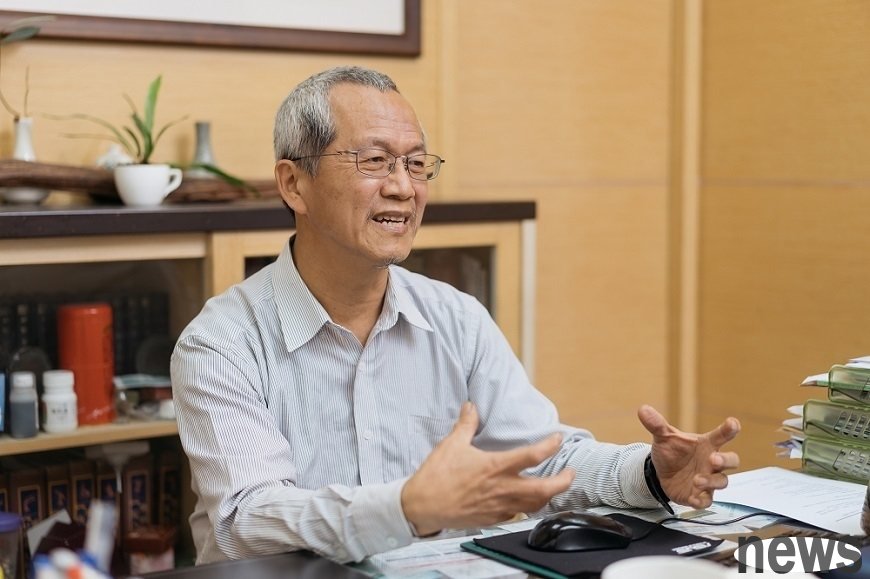
Of course, the ideal state for the old age is to be free from illness and pain, and it is not necessary for both oneself and one's family to be difficult. In Chen Qianyuan's clinic, there is a "Five Precepts for Physical and Mind Health" reminding himself and his patients: Eat right, exercise, sleep well, smile, and brush your teeth. For example, eating low fat, less sugar and less salt are the principles, eating multiple colored fruits and vegetables and drinking enough water. There should be exercises three times a week, each time for at least half an hour, and the chest, arms, abdomen and legs must be moved. Sleep well and smile, so you should go to bed early and get up early, feel happy, and keep your body and mind stable.
Among them, brushing teeth that is most likely to be ignored by ordinary people is actually very related to the quality of life in the old age. Chen Qianyuan pointed out that only by brushing the teeth cleanly can you maintain your chewing ability. In addition, recent studies have shown that bacteria near the periodontal region can increase the chance of suffering from cardiovascular disease, and can also trigger inflammatory reactions in the body, leading to chronic diseases such as diabetes and affecting cognitive function. It can be said that if the oral cleansing is done well, the chance of inserting the nasogastric tube will also be reduced.
"I think how people live, they will probably die." Chen Qian originally said. Practice in daily life. Only by taking good care of yourself will your life be overwhelmed!
Original text: Chen Qianyuan, a home-based medical doctor, thought after self-inserting nasogastric tubes: I don’t want to intubate in my old age, what preparations should I do now?

